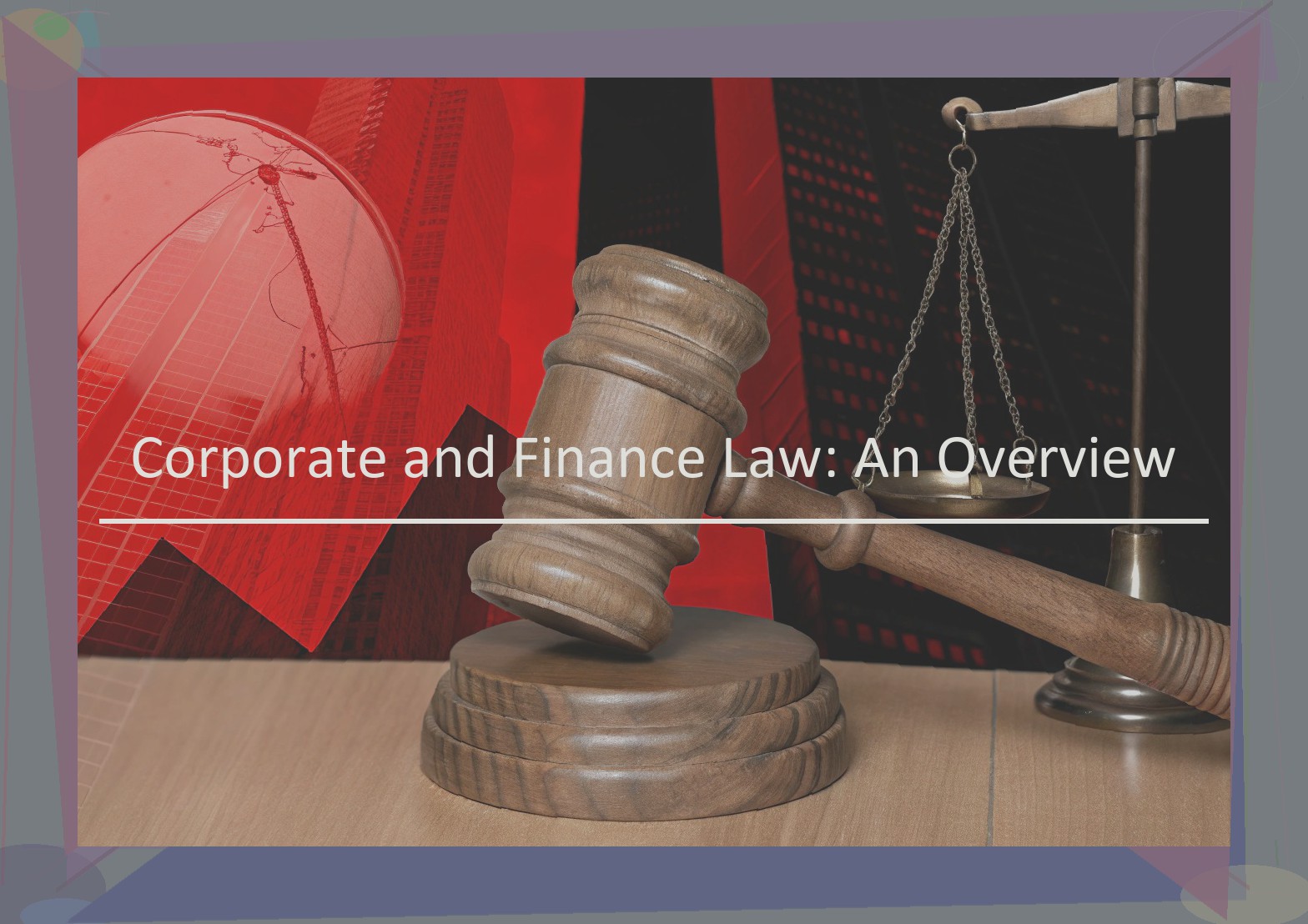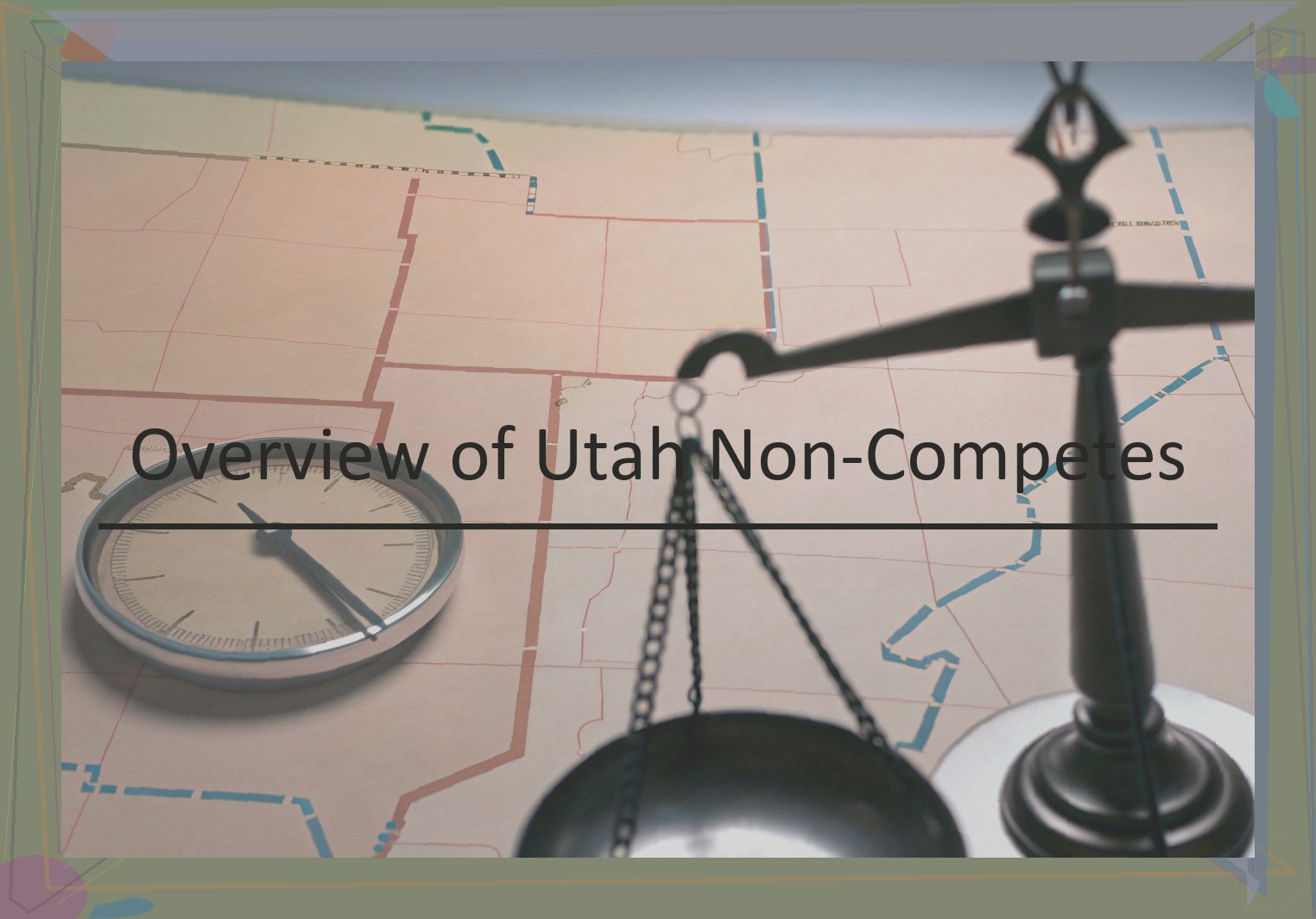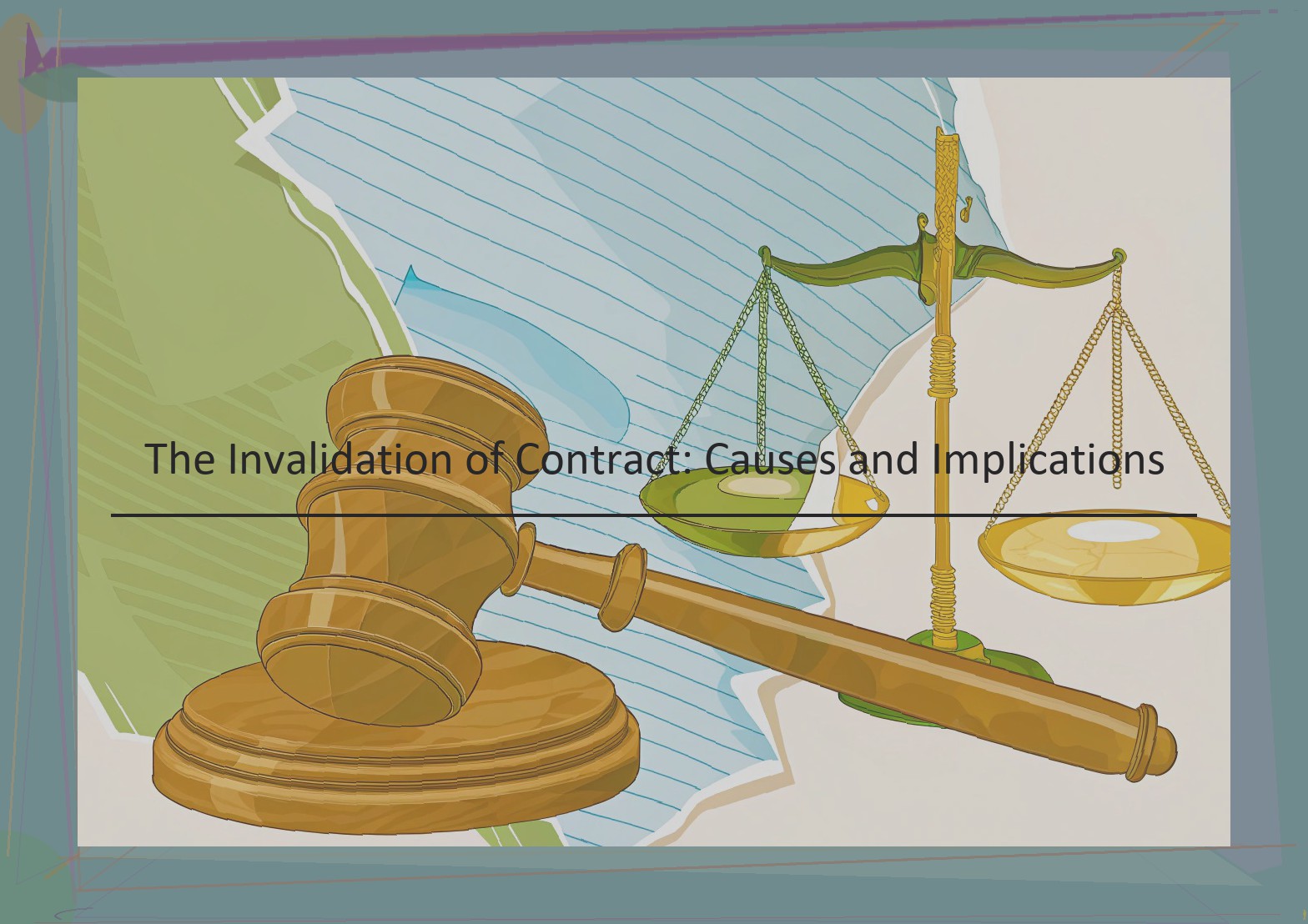
The Basics of Family Law
Family law is a composite of local, state and federal laws that govern domestic relations and family matters. Ordinarily, a family lawyer deals with cases involving divorce, child support, adoption, alimony, and visitation and child custody issues.
Among the most common family law practice are the post-divorce issues of visitation, child support, and alimony. Child support is a monetary obligation of a supporting parent to pay a court ordered amount to cover the costs of raising a child. Alimony is the court ordered provision of payments (from one’s ex-spouse to the other spouse) for the support of the recipient spouse. Visitation is the legally defined time a non-custodial parent may spend with a child , often outlined in a court adopted parenting plan. A parenting from a divorce is designed to explain both parents’ rights and responsibilities as they relate to children.
In addition to the aforementioned areas of practice, family law can also involve adoption, spousal support, guardianship, distribution of property, prenuptial agreements, foster care, emancipation, and paternity.
Family law encompasses such a broad scope of issues and has such an immense impact on individual lives that it’s important for those in need of legal representation to choose the right professional to advocate for their needs.
What is a recruitment agency contract?
A recruitment agency contract is a legally binding agreement between a recruitment agency and their client. Under English law, it is the primary instrument through which a recruitment business will provide services to the business or businesses that engage their services. The contract has the potential to cover all terms on which services will be provided (though not always), or some or all of those terms may be included in a separate, either oral or implied, agreement alongside the written contract.
A recruitment agency contract will typically offer a balance between the mutual interests of a recruitment agency and its client which is a commercial organisation.
The agency will want, amongst other things, a guarantee of payment by the client for their services (in the form of a clause which subjects the client to an obligation to pay the agency’s fee) and a restriction on the client’s ability to procure the services of the contracted candidate outside of the previously agreed terms (often this is achieved by a restrictive clause for a certain time period extending after the recruitment agency contract is terminated) .
The client will want, amongst other things, some surety that it will have some exclusivity in being the only party allowed to recruit the candidate for a period of time following termination so that their business interests are protected.
A recruitment agency contract will usually be formed in conjunction with the submission of CVs and other terms (whether oral or implied). The terms of the contract usually include the following:
Experience shows that different recruitment agencies operate different models for bringing candidates into contact with clients and the degree to which the stakeholder controls the manner in which the resultant employee of the client performs their work and the extent to which individual working arrangements are tailored to the client’s needs.
The contract should concede control over all relevant details of the relationship to the client: the candidate should only be offered at the client’s choice and they should be confirmed in the client’s employment and on the client’s standard terms. However, a properly drafted contract should be regarded as sufficient protection for the agency against a claim from the relevant client on the basis that it has performed the contract which the client has authorised it to perform.
Recruitment agency contracts are very often unenforceable or only enforceable in a limited way.
What is Lake County Legal Aid
One of the most frequent types of questions regarding Lake County legal aid services is "exactly what is legal aid and how can legal aid help me?" Legal aid is "a structure" that has been put into place over many years to help people who cannot afford the high costs for private legal care. Indeed, it is the private attorney general who helps fill in the gaps that exist in most peoples’ budgets when it comes to legal representation. Legal aid is the civilian version of military aid and is backed by both direct legislative and executive forces. Funding for legal aid does not come through grants or donations but rather through a system that requires lawyers to take on free cases without interference from others. Legal aid is overseen by the Illinois Supreme Court and the ILAO performs audits as needed.
Legal aid should not be confused with pro bono work, which is where lawyers take on cases for free . Legal aid also should not be confused with public defenders, who are paid for their services with taxpayer dollars. Legal aid is a combined team effort. Legal aid serves clients in all income brackets because everyone should have access to the justice system. However, most of the legal aid clients are low income families. Legal aid also serves clients with very specific needs. Legal aid serves clients with the following issues: There are many different areas and levels of legal aid services. Legal aid is offered through various organizations in Lake County. There is some overlapping and, as such, it is common for a client to be referred elsewhere if there is not capacity at the time of the call. The 19th Circuit Courthouse Kiosks in Waukegan, Highland Park and Round Lake Beach have some legal aid information available. Phone app development is in the works and will be available soon.
What is a collaborative agreement?
Collaborative agreements are one of the most important topics for Illinois Nurse Practitioners and Illinois health systems. What is a collaborative agreement? A collaborative agreement sets forth the procedures that a Nurse Practitioner will use to work with doctors in the "supervision" of her patients. The collaborative agreement is part of the "supervision requirements" for Nurse Practitioners under Illinois law. As you can imagine, a collaborative agreement is required for every piece of paper containing the words "controlled substance" that an NP fills out either electronically or on paper. At the current time that likely comes to about 50% of all prescription blanks in the Illinois health systems we care about. This is reason number one that NPs need collaborative agreements. It is a time suck. A real time suck, made worse by the fact that NPs have to apply for their own DEA number. What is the purpose of a collaborative agreement? In order to appropriately render services under the Illinois Nurse Practice Act regulations, an advanced practice nurse with an Illinois nursing license must be supervised by a physician with an Illinois physician and surgeon license . This requires a collaborative agreement (this law has even survived a serious constitutional challenge) (See Illinois PRACTICE ACT OF THE ILLINOIS NURSE PRACTICE ACT, 225 ILCS 65/ 65-15). The collaborative agreement is a tool utilized by physicians and Nurse Practitioners in which they can readily and quickly agree to cooperate in providing optimal medical care to Illinois residents. It is a win-win for patients in that they get the benefit of a supervising physician and access to services artfully rendered by NPs. A collaborative agreement is required for every prescription by an NP for a controlled substance according to Illinois administrative regulations. 68 Ill. Adm. Code 1300.240(b)((1)). Why is a collaborative agreement important? The collaborative agreement is important for several reasons, but most importantly it is a regulatory requirement. It is the primary way Board of Pharmacy (IDFPR) (who regulates NPs and APNs) monitors NPs by being notified when an NP violates the collaborative agreement in some way or fails to cooperate with the supervisory relationship. Nurse Practitioners need collaborative agreements in order to render care.
What are recitals?
Recitals in a contract typically appear on the first page or first several pages. They normally start with the word Whereas, or its plural form, Whereas, or similar language. Recitals are in a section of a contract usually titled Recitals and Background, or Recitals, or Preamble, or Background. Contracts may also use the alternatively titled sections, and the language used in the recitals may start with words other than Whereas. Courts normally consider such language to be recitals, as long as they take the same form as Whereas.
The language typically found in this section is relatively straightforward and is not complex. Contracts generally include recitals , in order to provide basic information about the parties to the contract and their reasons for entering into the contract. Since many contracts contain complex provisions, the recitals help in introducing the subject matter of the contract to the court, in order to help resolve the meaning of the contract.
Recitals are typically presented in the form of paragraphs that are numbered. The recitals in a given contract are typically numbered consecutively in the order in which they are presented. The recitals are generally understood as being interdependent, such that the omission of language in one paragraph may, in some cases, resolve an ambiguity in another paragraph of the contract.

An Overview of Corporate and Finance Law
Corporate and finance law form the backbone of the commercial legal landscape. At its core, these fields govern how businesses operate, interact with each other and their stakeholders, and structure deals. As the world becomes more complex for businesses – with globalization, new technologies and a 24/7 news cycle – there is an increasing demand for commercial legal support.
With respect to corporate law, these legal principles determine how much authority the individuals running a company have, how the company can be capitalized, where liability lies if something goes wrong, how equity can be transferred (and to whom) , how many control rights can be issued, and how the parties interact with each other, amongst others. Corporate law can be particularly complicated for private business owners (as opposed to public companies) who are not familiar with how or if corporate law applies to their business.
Finance law generally relates to lending by third parties. These parties can include banks, other financial institutions or even accounting or law firms. Finance law can determine what is given up for a loan, what sort of control does the lender have, what happens if a loan is not paid back, and whether the interest charged is fair.

An In-Depth Look at the Legality of Carrying Pepper Spray in Maryland
In the United States, laws governing the use of pepper spray vary by jurisdiction. As they place restrictions on, or otherwise regulate, its use or access, those jurisdictions can be placed into three general categories: (1) highly restrictive states that allow for no or little access to the public; (2) those that permit access for use in self-defense situations only; and (3) practioners that permit private use and do not distinguish between purposes. Maryland is one of the majority of states that falls into the second category. Specifically, the law in Maryland provides a broad definition of "asphyxiants" and renders unlawful their import, distribution or manufacture within the state. The law specifically places pepper spray in that category of materials which may not be manufactured, imported into, or distributed within the state except under certain tightly controlled conditions.
Maryland law considers the term "asphyxiants" to include, without limitation, the following substances when used in a manner in which they could impede the normal breathing of any individual:
Subsequently, the law prohibits any individual from importing, distributing or manufacturing "asphyxiants," as defined above, within the state, or possessing or using those products while intoxicated, although there are certain carefully defined exceptions. In practical terms this makes pepper spray illegal to manufacture, distribute or sell in the state without the appropriate license and permits. With regard to non-lethal projectile weapons, including pepper spray, these weapons may be purchased or possessed by those 18 years of age or older, or those under 18 years of age with parental consent.
Additionally, the law generally prohibits "asphyxiants," including pepper sprays, from being possessed or used in Maryland, or by Maryland residents, unless those materials are specifically for use in teaching chemical agents in educational institutions, or teaching or training individuals who are in Maryland for military, security, law enforcement, industrial or fire department purposes . Penalties for violation of this provision generally range from fines of $25 to $1,000 or imprisonment not to exceed 12 months or both.
In contrast to the general prohibition on possession and use of pepper spray, however, there is an exception for personal self-defense: An individual may possess pepper spray, as defined above, for a legitimate self-defense purpose by one of two means. First, any person who is 18 years or older may possess and use pepper spray for a legitimate self-defense purpose if that individual has not been convicted of a crime of violence. A "crime of violence" is a conviction for:
Second, An individual under the age of 18 may possess and use pepper spray for a legitimate self-defense purpose if that student is authorized by a teacher or other adult employee of the school, as well as by a parent or guardian of the student, in accordance with rules adopted by the local board of education of the county in which the school is located.
An important point to consider, however, is the fact that pepper spray is not the only form of self-defense spray available for private use. There are many commercially available, and legal, options that have very similar compositions to many commercially available pepper sprays. However, because these sprays do not have the intended purpose of protecting against physical attack, and therefore are not necessarily meant to impede normal breathing, those products may be more likely to contain generally approved propellants, such as compressed air. Further, these alternative sprays may be registered at the federal level with the Environmental Protection Agency as substantially less toxic and of less environmental hazard than the propellants found in many commercially sold pepper sprays.

What is a Non-Compete Agreement?
A non-compete agreement, often a clause found within an employment contract, aims to protect a business’ confidential information by preventing a former employee from working with a competitor for a certain period after leaving the job. When an employee signs a non-compete agreement, they are legally bound to comply with its provisions. Utah’s courts will enforce such clauses, but they must be reasonable in scope and duration.
In the state of Utah there is no defined statutory law concerning non-compete agreements. However, under Utah Code Ann. Subsection 58-69-202, a non-compete agreement must do the following to be enforceable in Utah:
There are also several other factors relevant to whether a non-compete agreement is enforceable in Utah. The first is that it must last for a reasonable amount of time. There is no hard and fast rule in Utah regarding what constitutes a reasonable duration for a non-compete agreement; it depends on specific circumstances. For example, shorter durations may be deemed reasonable for a lower wage position, whereas higher-level executive positions may justify a longer duration for enforcement of a non-compete agreement.
Non-compete agreements are not typically utilized for independent contractors , although they can be. More frequently seen in an employment context, the agreement should specifically identify the competitor to which the non-compete relates. The agreement may also explicitly state whether or not the non-compete cannot be assigned to new owners of the business, such as in the case of mergers or acquisitions of the competitor.
While there is no statutory law in Utah dictating how much consideration must be present to make a non-compete agreement enforceable, courts are likely to examine a sufficient amount of consideration, i.e., sufficient to establish a new contract. Generally, employment is sufficient consideration, because it’s often considered a new contract, also known as a "bargain for exchange," when a person is hired.
Even though Utah has always enforced non-compete agreements in the past, some recent legal cases have shown a willingness in the court to scrutinize them more heavily. A case that ended at the Utah Supreme Court, 02RG, LLC v. Lehi City, saw the parties dispute the language used in the appropriate non-compete agreement. Because of this, Utah courts may also consider the intent of the parties when evaluating the enforceability of non-compete restrictions.

What is the invalidation of contract?
Invalidity refers to the legal concept which renders a contract or part of a contract ineffective in law. This is the simplest of definitions but it is a useful one for our purposes and we will explore it in more detail below. Contract invalidity might affect the whole contract or it may be that only one individual clause is affected by the invalidity. For example, and as will be described further below, a contract might be voidable due to a misrepresentation by one party. The main contract, however, may not necessarily be void, assuming that the other terms are valid.
It is important to understand if a contract or part of a contract is invalid. Despite what some words in Latin may suggest, the principles of invalidity are not particularly complicated. Invalidity is not the same as unenforceability. An unenforceable contract is in law not able to be enforced in the courts. This may be because of a failure to satisfy pre-conditions to the enforcement or because of some legal impediment to the enforcement. A contract that is unenforceable may be valid but impossible to enforce. In the right circumstances, an unenforceable contract may be valid and enforceable. Note, for example, that an employee may have a contract of employment preventing him from working for a competitor following the termination of the employee’s employment but unless the relevant contract term can be enforced, the employee may be permitted to do so. The parties may, however, still be bound by that contract, for example , if it is not properly pleaded or the facts give rise to a different claim. Invalidity means that the contract simply does not exist.
A contract may be void from its inception. It is common law that a contact is void if one of the parties was underage (i.e. not old enough to give legal consent). In this situation, the contract does not exist. In the same vein, and notwithstanding some limited exceptions, a contract made by someone who has been declared to be mentally unfit to make a contract is void.
In some situations, a contract is voidable. A voidable contract is one which is valid until it is challenged by one of the parties with the right to do so. Until that time, however, it remains valid. A mistake or misrepresentation can render a contract voidable. A mistake will be a mistake in factual terms of the contract or in terms of the nature of the contract. A misrepresentation will be a false statement of fact (not opinion) made by one party to the other, which induces that party to enter into the contract. Notably, the effects of misrepresentation can be both civil and criminal. For example, knowingly making a false statement of fact leading someone to believe that a contract is valid (when it is not) can lead to charges of fraud or forgery being brought against the wrongdoer.
Note however that where a contract is made with a public body that contract may be void even where an employee has misrepresented the powers of that public body. Care should therefore be taken in dealing with public bodies. The other area to be aware of contractual claims being made against a public body relates to the provision of goods and services under the GLA 1979.
The Florida Dental Laws Exam
In the state of Florida, the journey to becoming a licensed dental professional culminates in passing the Florida Dental Laws and Rules Exam. This crucial test is designed to ensure that every dentist and dental hygienist fully understands the legislative requirements that govern their profession. According to Florida Statute 466.007, a candidate who has completed the requisite training and education requirements, or who is a faculty member, is eligible to take the exam. The purpose of the examination is to determine if an individual possesses sufficient knowledge of the laws and rules in order to practice dentistry in Florida in accordance with Chapter 466 of the Florida Statutes, the Rules of the Board of Dentistry, and the Rules of the Department of Health as they pertain to dentistry . The Florida Dental Laws and Rules Exam is a multiple-choice test administered on the computer. The Board of Dentistry uses it as a means of evaluating, by means of questions, applicants’ knowledge and understanding of Florida Dental Laws and Rules. In short, the exam is intended to guarantee that everyone in the field is competent in Florida’s dental regulations. While not a grueling research paper, thesis, or scientific study, these questions require a significant degree of study in order to pass. With the right preparation, however, most candidates should be able to obtain a passing score of seventy-five percent or above.
